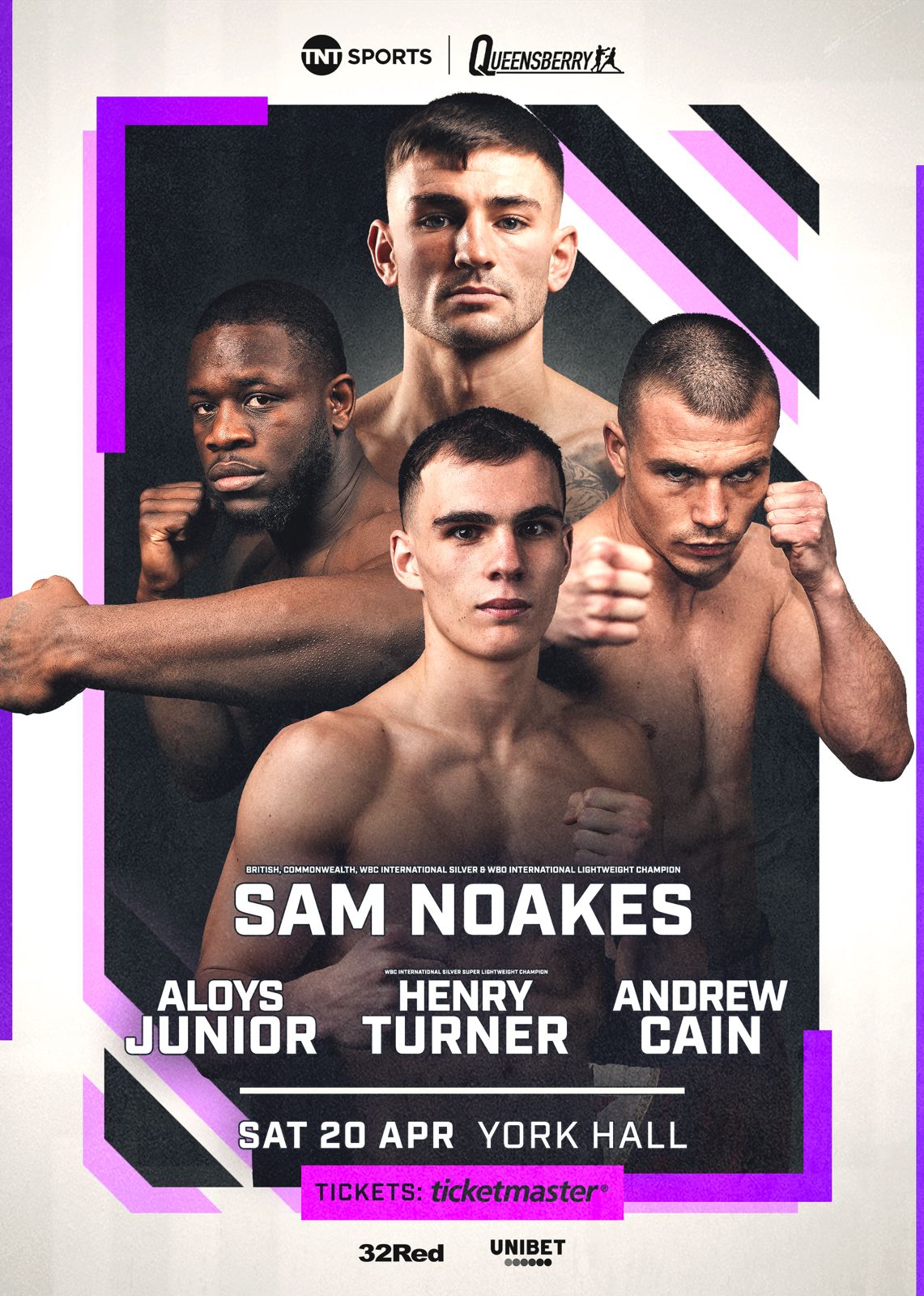The night The Greatest became a dope on the ropes
HUBBARD’S CUPBOARD
By Alan Hubbard
IT SEEMS HIGHLY LIKELY that the Nevada State Athletic Commission will allow Canelo Alvarez to go ahead with his mega-bucks match-up with Gennady Golovkin in Las Vegas on May 5 despite the Mexican’s positive dope test.
If so it won’t be the first time that a boxing superstar has got away with it in Sin City. It happened 38 years ago when no less a pugilistic personage than Muhammad Ali was let off when he failed a drugs test on the eve of his penultimate contest against Larry Holmes. Not many people seem to know that.
But it is a fact. Ali had been given banned diuretics in a desperate attempt to shed some of the flab he has accumulated at the tail end of career spanning two decades.
When this showed up in a test the Commission agreed to let the contest with Holmes for the WBC heavyweight title proceed on condition that Ali never fought in the state of Nevada again.
And of course he never did. The curtain came down on The Greatest’s 61-fight career a year later in the unlikely setting of Nassau, capital, of the Bahamas, where he lost a unanimous decision to local heavyweight Trevor Berbick.
Ali’s failed test, though formally recorded by the Commission, was never widely publicised.
But on the night of October 2 1980 in a ring set in the Caesars Palace car park, those of us present in the 18,000 crowd were acutely aware that 38-year-old Ali was on his last legs and that something was acutely wrong with him.
His uncharacteristic disorientation obviously was not only caused by the relentless hammering he absorbed in every round before his cornerman Angelo Dundee mercifully called a halt at the end of the tenth.
It was the night an icon disintegrated before our eyes as Ali, a robotic shell of the sublime athlete of his heyday, suffered a savage beating that even Holmes seemed reluctant to administer towards the end, repeatedly beckoning to referee Richard Greene to end his erstwhile idol’s agonising humiliation.
At ringside even many of us in the media the media seats were yelling “stop it, stop it” amid counter cries from some in the Ali entourage fearful of losing their meal ticket.
____________________________________________________
There is no evidence that Ali had ever taken drugs before. Indeed, when asked some year earlier whether Ali had done so Angelo Dundee responded: “No, he only ever gets high on himself”
___________________________________________________________
Even Holmes himself had repeatedly beckoned to the referee to intervene but it was left to Dundee to defy Ali’s frantic cheerleaders and do so. “I am the chief second and I stop the fight,” he bawled at the referee as a dull-eyed Ali slumped on his stool. It was too late to save Ali’s career, but it probably saved his life.
How much the ingestion of those diuretics affected Ali’s performance is impossible to determine. But clearly it did him no good.
There is no evidence that Ali had ever taken drugs before. Indeed, when asked some year earlier whether Ali had done so Dundee responded: “No, he only ever gets high on himself.”
It was also revealed after the fight that Ali had been examined at the Mayo Clinic, and the results were shocking. He had admitted to tingling in his hands, and slurring of his speech. With the conclusiveness of Ali’s loss to Holmes, and his worrying medical condition, it seemed incredible that he fought again.
According to Ferdie Pacheco, Ali’s former ring doctor, “All the people involved in this fight should’ve been arrested. This fight was an abomination, a crime.”
Pacheco had quit Ali’s camp, in 1977, after the punishing fight with Earnie Shavers which had left Ali peeing blood for days afterwards.
The Nevada Commission would have done Ali a favour had they banned the contest instead of letting him off with a token slapped wrist, thus arguably putting cash before conscience.
It is likely to be so with Canelo, who claims he must have eaten meat contaminated with the muscle-building steroid clenbuterol.
As it happens Ali is not the only former world heavyweight champion whose doping indiscretion seems to have been overlooked in the passage of time.
Vitali Klitschko, now retired after his long reign as WBC champion, has admitted to having used steroids earlier in his career.
He tested positive for a banned substance in 1996 while trying to recover from injury when still an amateur and was thrown off the Ukrainian boxing team for the Atlanta Olympics.
Vitali had planned to box at super-heavyweight while his younger brother, Wladimir, was entered to compete at the 201lb heavyweight limit.
Wladimir, who was struggling to make his weight, took over the super-heavyweight slot and went on to win the gold medal.
SIX HORSES WERE FATALLY injured at last week’s Cheltenham Festival, an event that has seen 17 equine deaths in the last three years. The RSPCA have said an investigation into safety at the course is urgently required.
On the rare occasions of a boxing death there are serious expressions of concern and understandably so. But let’s remember that at least boxers have a choice. Horses don’t.





